|
If you’re thinking about setting up an editing or proofreading business, and decide to call someone you've identified as having the necessary experience, these five tips aim to help you make a good impression. They’re based on a recent telephone discussion (and email follow-up) I had with a new starter – someone completely unknown to me – who really made me want to engage with her.
1. Recognize that you’re costing them money My caller acknowledged that her time on the phone with me was costing me money. I appreciated this because she demonstrated her respect for the fact that I'm running a business. Every minute I spend focusing on someone else’s business development is a minute I'm not spending on my own. If you were to hire a professional consultant, you might be expected to pay at least £50 per hour. The rates aren't important for the purposes of this discussion. Rather, the point is that you would be paying for a service – and whether it costs £30, £50, £100 or £200 an hour, it would cost you. So when your chosen specialist agrees to talk to you for half an hour for free, that’s money staying in your pocket and time they have to make up out of hours so that their income isn't affected. 2. Be prepared with the necessary information My caller was ready with the information I needed to know in order to guide her – key points about her educational and career background that enabled me to identify the next steps she needed to take. She didn't ramble on about how she’s good at spotting typos in newspaper articles and really loves reading. Instead, she focused on the fact that she wanted to set up a proofreading business and needed advice on what were the best steps forward. In other words, she concentrated on what she needed to do next, rather than what she already liked or felt. This made a super impression on me because I didn't feel I was spending my valuable time (and money – see above) having a chitchat with a stranger. Instead I was focusing on her business goals. With that in mind, before you pick up the phone (or write an email), make a bullet list of your career skills, educational achievements, any training you feel might be relevant, any transferable skills, and previous experience so that the editorial pro you’re talking to has an overall view of your potential fit within the market. 3. Listen When my caller had finished giving me the necessary background information, and answered a few further questions, I started to talk, and she listened. Again, this made my engagement with her a really positive experience – for me as well as her. I knew she was paying close attention to what I was saying because the only time she interrupted me was to ask me to repeat something she hadn't managed to scribble down in the notes she was speedily taking. She didn't spend my time/money telling me information that wasn't relevant to our discussion about her business plans (the liked/felt issues I mentioned in point 2), and she wasn't trying to be my new best friend (I already have one of those). If you call up an experienced colleague-to-be, have your note-taking gear to hand, keep your ears sharp, and ensure the conversation remains streamlined by not straying from the reason you phoned. 4. Be ready for the worst and the best My caller asked me for a brutally honest assessment of her prospects. This is really important because it showed me that she understood something fundamental – she was considering becoming a self-employed editorial business owner, and it wasn't going to be something she could just fall into without being engaged, active and organized. She didn't ring me up expecting me to tell her not to worry, everything would be fine if she just dipped her toe in the water, had a group hug with a few friends and waited to see how things went. She absolutely got the fact that there were things she needed to do, now and in the future, to have the best chance of developing a solid client base and regular work stream that would secure a sustainable income (as defined by her needs). I threw the kitchen sink at her, and she caught it. And I suspect that because she’s holding that sink, she’s better prepared for what’s ahead, and highly likely to get where she wants to be. Not everyone wants a kitchen sink thrown at them (which is fine), but then someone who doesn't want a sink probably shouldn't bother making the call in the first place. Imagine you paid a consultant fifty quid for some advice, and instead of offering you substantive ideas for your business development they just had a little chitchat with you for half an hour. Me? I’d feel short-changed. I’d want my money back! Toe-dipping is fine if that's your preference, but don't expect a stranger to spend half an hour of their working day to have a chinwag with you about it. They've other things they could be doing with their time. 5. Show your gratitude It’s such a simple thing, but saying "thank you" makes a huge difference. My caller followed up with an email that thanked me for the time I’d taken out of my busy schedule to help her. She told me that our frank discussion had helped her no end, and given her the confidence to pursue her dream job but with her eyes wide open. She also told me that she’s already taken some of the steps I’d recommended and would follow through on the others as she moved through her planning process. I’ll keep in touch with her. She impressed me with her professional and gracious attitude and I want to know how she gets on. I know that the time I gave her cost me something, but plenty of people give me free support and advice so that's fair enough – I'm happy to give my time, as long it's spent productively and the person who's contacted me has already put some work into thinking about the objectives of our discussion.
4 Comments
If your client wants sensitive end-of-line word-breaks in their text, and they will if they're asking you to proofread for print, this online tool will help you decide where to break the word and insert the hyphen.
For example, Oxford Dictionaries recommends the following:
There's always the trusty New Oxford Spelling Dictionary, an authority on spelling and word division. However, if you have clients that want every end-of-line hyphen checked, you'll need something more efficient than a book.
Perhaps you work on magazine articles, three columns to a page. Word breaks abound. And since the client pays on a flat-fee basis for each job, looking up these darn things impacts on your hourly rate in no small way. Oxford Dictionaries includes online access to its dictionaries and thesauri, New Hart's Rules and Pocket Fowler's Modern English Usage. It also includes a function for checking word-breaks. I'm not chucking away my print book quite yet. There are limitations to the online version. For example, 'wingless' doesn't have its own entry, but is part of the definition of 'wing', so the preferred break (wing | less) isn't offered. Still, productivity increases are only a click away if you have to check end-of-line word-breaks frequently. To access, go to Oxford Dictionaries.
You might have to pay for an account. However, if you're a member of a UK library, access is free. Pop in your library card number (1) and click on the LOGIN button (2).
Now select the language.
Type in your word, then scroll down to FOR EDITORS AND PROOFREADERS. There you'll find the recommended break where the word should be broken and the hyphen inserted.
Louise Harnby is a line editor, copyeditor and proofreader who specializes in working with crime, mystery, suspense and thriller writers.
She is an Advanced Professional Member of the Chartered Institute of Editing and Proofreading (CIEP), a member of ACES, a Partner Member of The Alliance of Independent Authors (ALLi), and co-hosts The Editing Podcast. Visit her business website at Louise Harnby | Fiction Editor & Proofreader, say hello on Twitter at @LouiseHarnby, connect via Facebook and LinkedIn, and check out her books and courses. |
BLOG ALERTSIf you'd like me to email you when a new blog post is available, sign up for blog alerts!
TESTIMONIALSDare Rogers'Louise uses her expertise to hone a story until it's razor sharp, while still allowing the author’s voice to remain dominant.'Jeff Carson'I wholeheartedly recommend her services ... Just don’t hire her when I need her.'J B Turner'Sincere thanks for a beautiful and elegant piece of work. First class.'Ayshe Gemedzhy'What makes her stand out and shine is her ability to immerse herself in your story.'Salt Publishing'A million thanks – your mark-up is perfect, as always.'CATEGORIES
All
ARCHIVES
July 2024
|
|
|
|


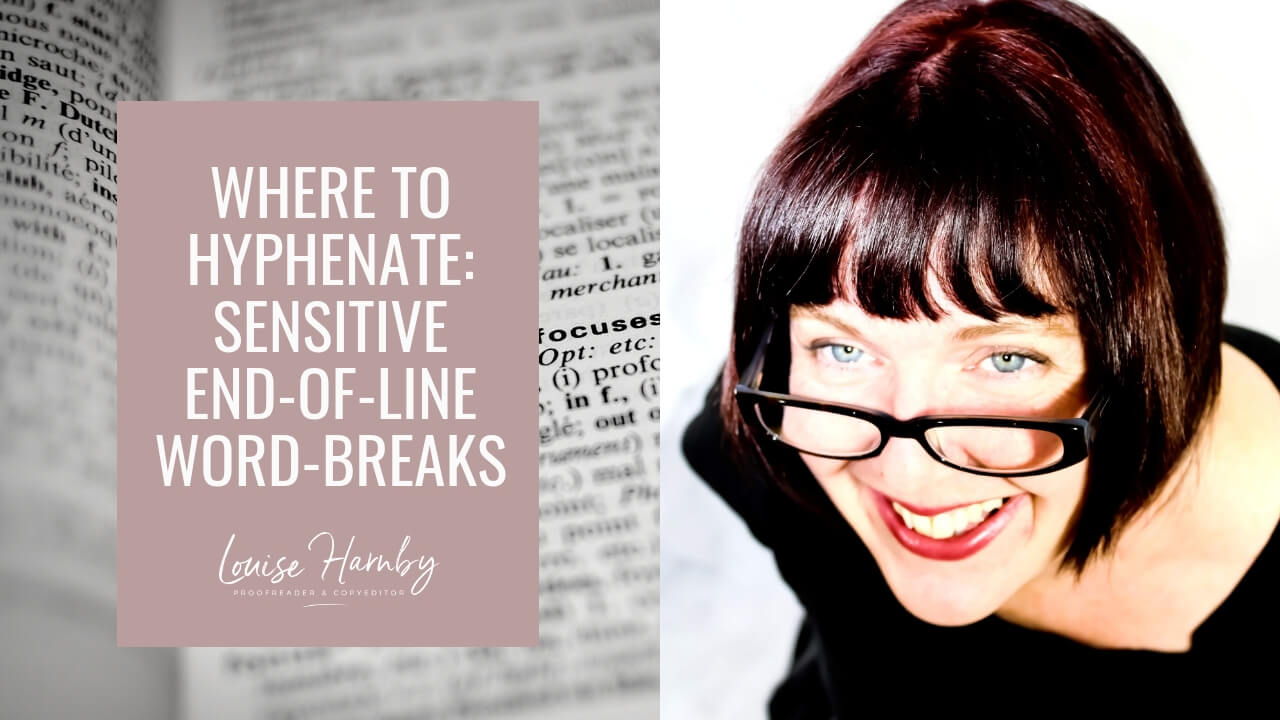
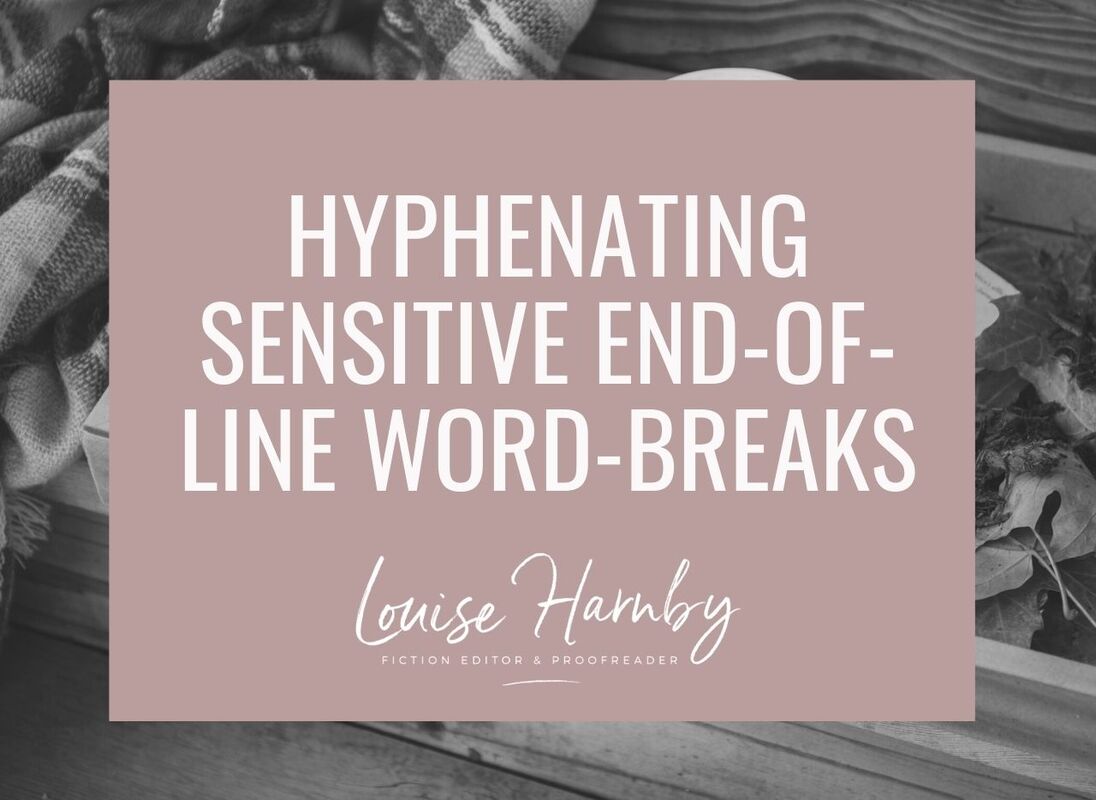

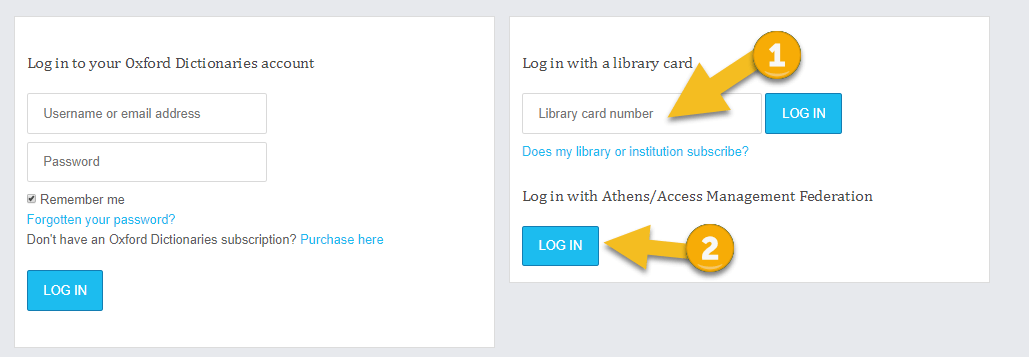
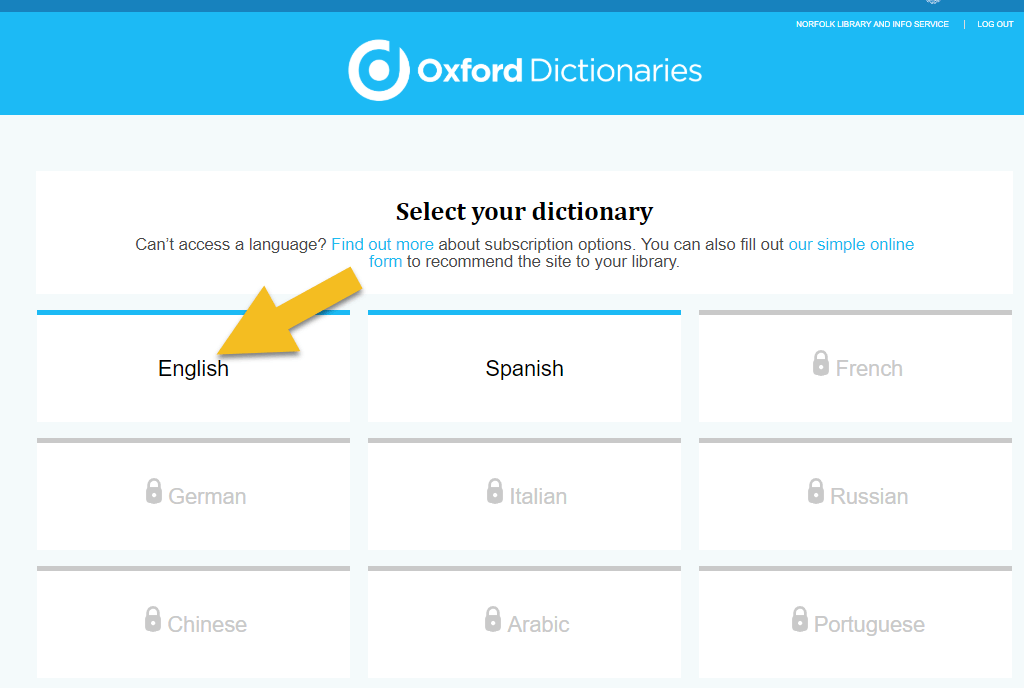
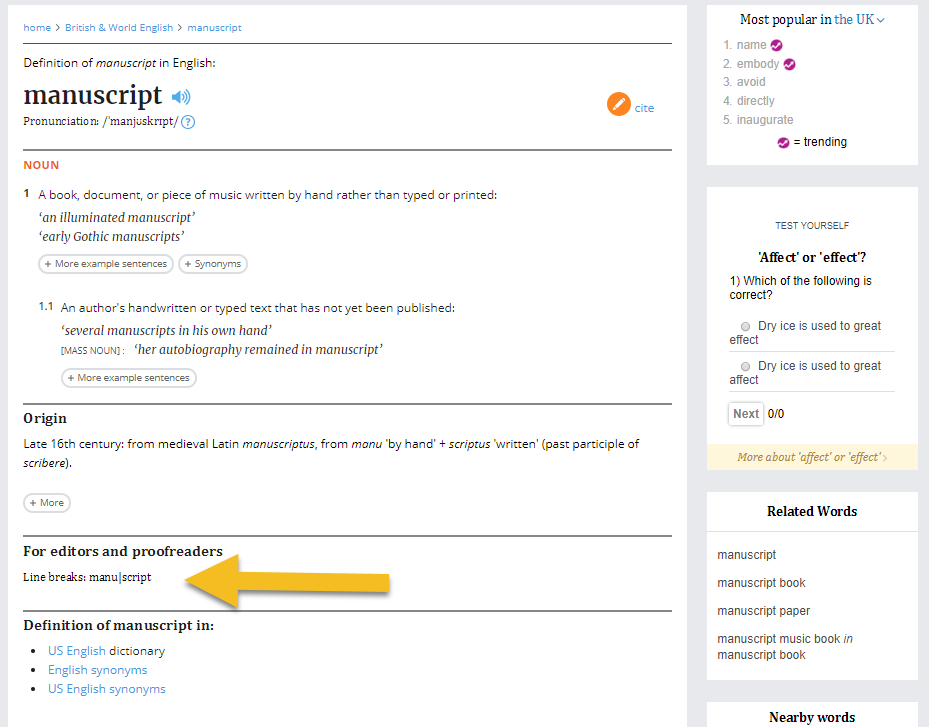













 RSS Feed
RSS Feed





